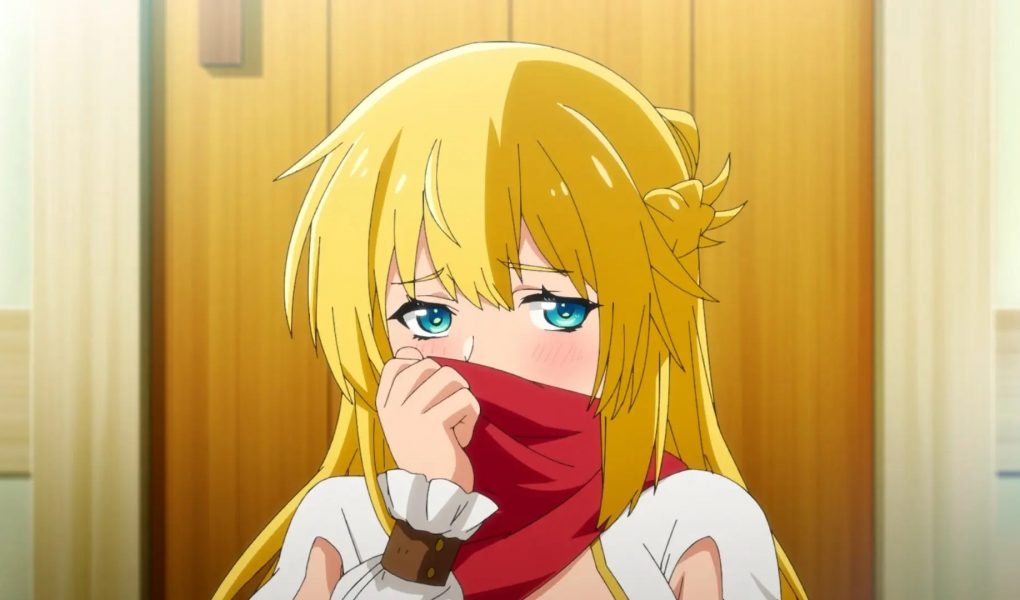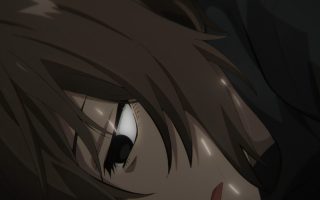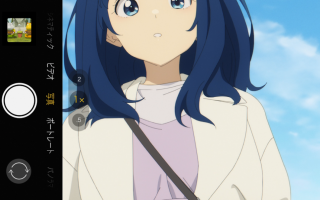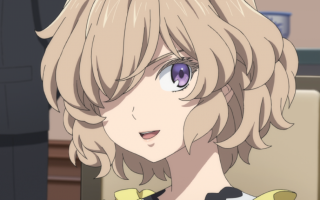When light novel titles swap the same couple dozen keywords between them, I wouldn’t blame you for getting them mixed up.
Last season, there was an anime called Banished from the Hero’s Party, I Decided to Live a Quiet Life in the Countryside, and this season there’s one called The Banished Former Hero Lives as He Pleases. Based on those titles, you’d think they were the exact same story, but they couldn’t be more different, actually. And one is definitely way better than the other.
First off, you might be wondering: “What’s with all the light novels about MCs getting ‘banished’ from their parties?” This trend really picked up on the Narou website in the last seven years or so, I would say. The idea is that petty interpersonal dynamics (usually jealousy, arrogance, or just plain stupidity from the other party members) deprive the protagonist of their archetypal role in your traditional role-playing game.
What the protagonist does next often veers the story’s original genre way off-course. Redo of Healer, for instance, turns into a pornographic revenge story, while Banished from the Hero’s Party, I Decided to Live a Quiet Life in the Countryside is a slice of life. In Beast Tamer, the “hero” character is cast as a villain, and the jilted protagonist becomes the actual do-gooder. Because the concept has so many variations, no two “Banished” stories are going to be the same, which might explain why it’s such a popular way to begin a story.
The two anime I’m going to talk about in this post—Banished from the Hero’s Party, I Decided to Live a Quiet Life in the Countryside and The Banished Former Hero Lives as He Pleases—are superficially very similar, though. They are both about “chill” protagonists who never really wanted the burden of heroism anyway, so when they’re cast away by their former allies, they take it on the chin.
The two stories soon go off in very different directions, however. Gideon from Banished From the Hero’s Party sets down roots in a specific country town and more or less spends the entire rest of the series there. Former Banished Hero’s Alan wanders about the frontier lands aimlessly and is quickly called back into adventure when he encounters his ex-fiancée in mortal danger. In general, Gideon comes across as having a specific idea about what he wants to do, while Alan reacts passively to the plot.
This isn’t because of a major difference in artistic vision, in my opinion. Both stories set out to explore how RPG skills and stats would impact your personal agency. In Banished From the Hero’s Party, everyone in the world has a “Blessing” that determines what occupation they’re most suited for. In Former Banished Hero, people have “Gifts,” which are innate talents, and an upper threshold for what level they can achieve. In both series, the biggest sources of conflict come from characters who express resentment against their world order and attempt to change it through extreme methods.
But the two series have very different ways of executing that plot point. In Banished From the Hero’s Party, everyone is bounded by the same rules—even the all-powerful Heroes. Meanwhile, Former Banished Hero undermines its rules by having Alan carry over skills from a previous life that can’t be measured in his current world. So while everyone else is struggling with their lot in life, he can just walk over and steamroll his opponents while only looking like he’s too weak to amount to anything.
There’s no catharsis in this because he’s just an arbitrary exception. Nobody else can take inspiration from what he does and use their own powers to liberate themselves. In the end, despite saying that he wants to do what he pleases with his own life, the narrative circles all the way back around to him being the hero because he’s just special like that.
Compare this to Ruti, the Hero character in Banished From the Hero’s Party. She suffers steep downsides from her Blessing, like being unable to experience simple pleasures like eating a nice meal or having a warm bath. She is only allowed to live for her duty, and when she rebels against this, the entire world pushes back against her. Her choices are meaningful because she faces real consequences for them.
It just goes to show that two stories can use the exact same tropes and story beats yet have completely different vibes. Watching Former Banished Hero made me appreciate Banished From the Hero’s Party more. Not only does Former Banished Hero suck ass in terms of animation (Banished From the Hero’s Party is merely mediocre in that department), it just…doesn’t have themes. I read the first volume of the light novel and all it does is add extra details about the RPG-like systems without tying any of it to the characterisation or larger plot.
Also, I gotta say, those are some ugly-ass character designs.
It’s not like Banished From the Hero’s Party is regarded as a pillar of the genre, though…which is honestly kind of a shame the more I think about it. Despite the “quiet life” in the title, the series is far from uneventful. It has a very deliberate tempo between its slower paced scenes and action, with both sides complementing the other. The second season in particular has a steady and gradual buildup to its climax, where every incidental detail ends up factoring towards the eventual showdown. In other words, it’s genuinely well plotted.
Also, as I alluded to before, the RPG elements truly mean something to the plot. People aren’t just “Heroes” or “NPCs” because of video game logic; everyone has their own individual feelings about their place in the world and how they compare to others. In that sense, the “Blessings” are analogous to the things people have no say over in the real world, like how much money your parents have or how you need to work some kind of job to live. Not everyone is born equal, nor are they happy about where their choices in life took them. Others, however, are perfectly content with where they are, or they find ways to feel in control of their lives. The world of Banished From the Hero’s Party feels like a convincing setting because the series takes the time to explore the diversity of the human experience.
I guess what I’m trying to say with this post is…titles can be deceptive. A wordy title and an RPG-like setting isn’t inherently the sign of a trashy story. What really matters at the end of the day is how well those elements integrate with the themes and narrative. And there are both good and bad examples of this.
tldr; watch Banished from the Hero’s Party, I Decided to Live a Quiet Life in the Countryside. Don’t watch the other “banished” anime.




